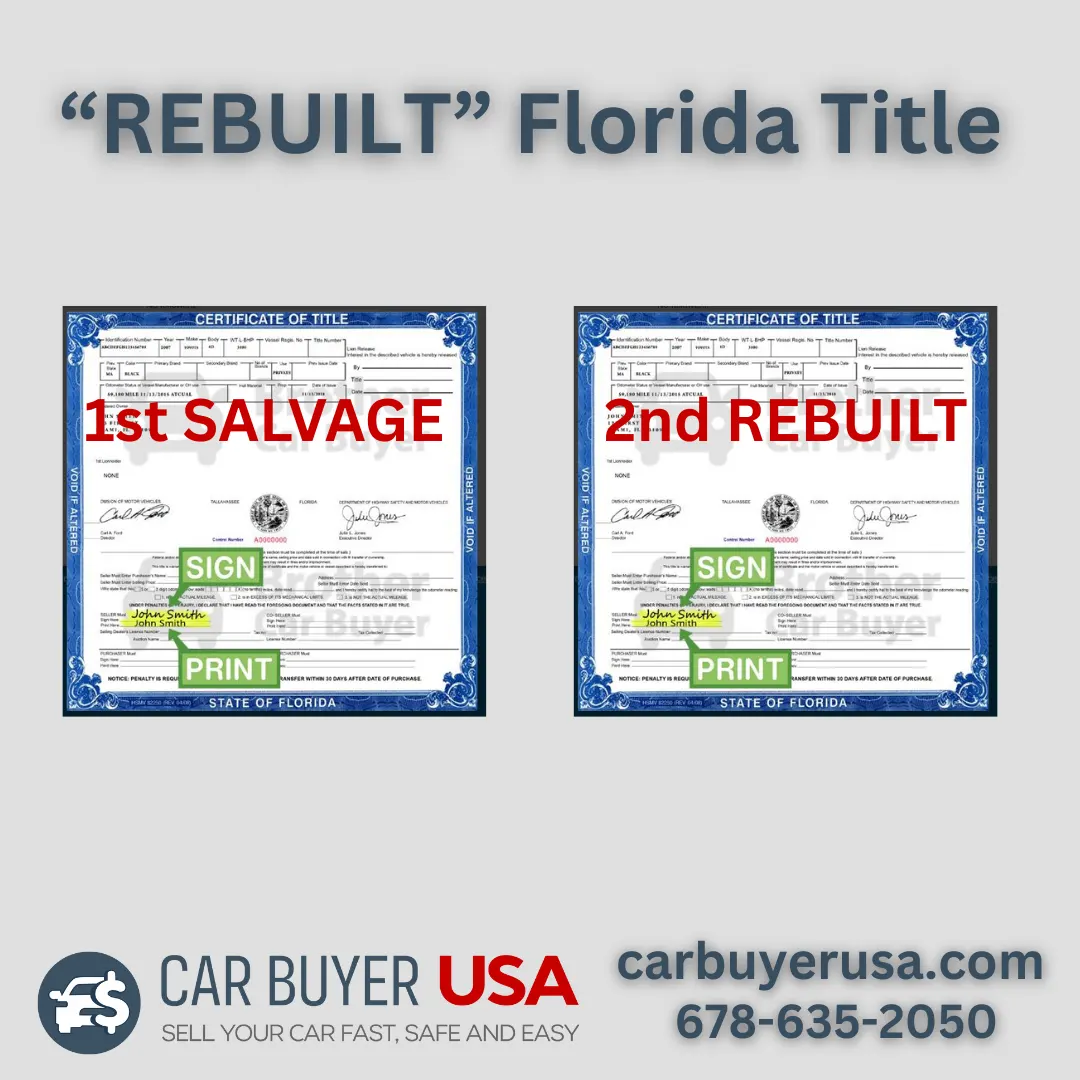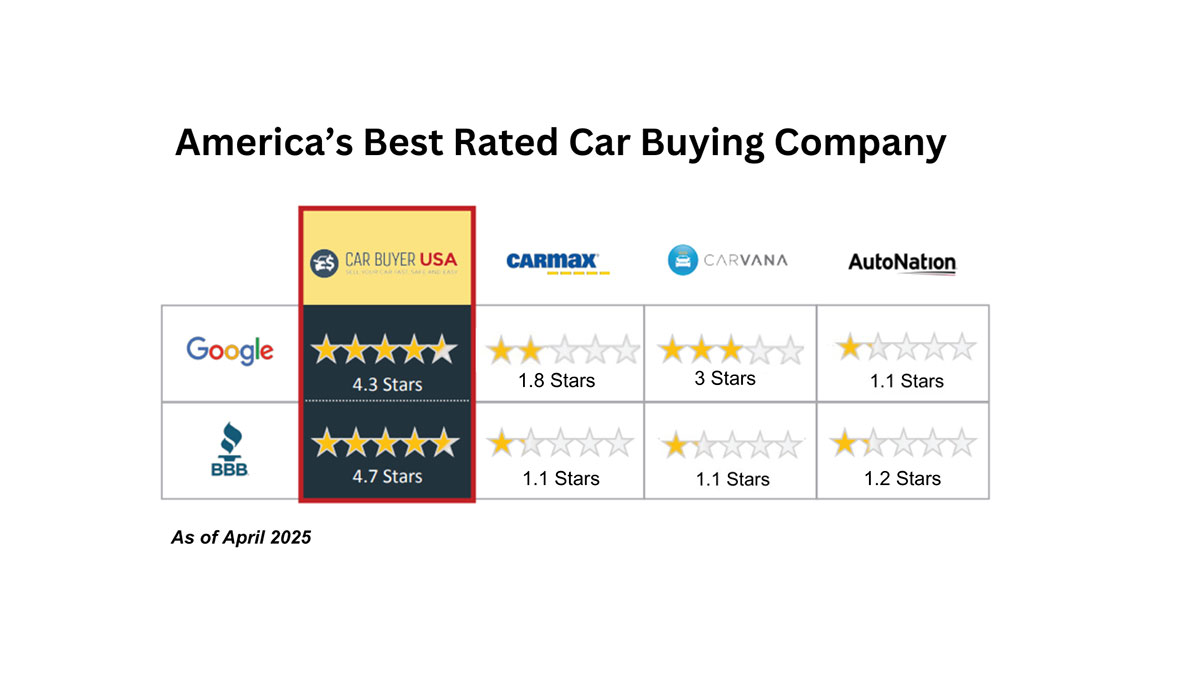
A rebuilt title is a common designation on used vehicles that were previously declared a total loss but have since been repaired and made roadworthy. While the term "rebuilt title" carries a similar meaning across the United States, the process to obtain it, and the regulations that guide it, can differ significantly by state. Florida, in particular, has strict rules regarding rebuilt titles, and understanding these regulations is essential for buyers and sellers alike.
One key factor that leads to a rebuilt title is the vehicle first being declared a total loss. In Florida, this is governed by what’s known as the “80% rule.” According to Florida Statute Section 319.30(3)(a), a vehicle is deemed a total loss if the cost to repair it equals or exceeds 80% of its actual cash value (ACV) immediately before the damage occurred. The ACV is the pre-accident market value of the vehicle, taking into account factors like age, mileage, condition, and depreciation. For example, if a car’s ACV is $10,000 and repairs are estimated to cost $8,000 or more, the vehicle is legally considered a total loss and typically receives a salvage title.
Once a vehicle in Florida is declared a total loss and issued a salvage title, it cannot be legally driven until it is properly repaired and passes a state mandated inspection. After passing this inspection, it becomes eligible for a rebuilt title. The rebuilt title process in Florida is more detailed and documentation heavy than in many other states. The state requires an official rebuilt vehicle inspection, which is handled by the Florida Department of Highway Safety and Motor Vehicles (FLHSMV) or its authorized agents.
To qualify for inspection, vehicle owners must submit a completed title application along with detailed repair receipts, a list of all parts used (with their sources), and before and after photos of the vehicle. The state’s inspection isn’t necessarily focused on mechanical safety like a typical garage might provide. Instead, the goal is to ensure the car was legally and properly rebuilt, and that no stolen parts were used in the repair.
Once approved, the vehicle is issued a rebuilt title, which is clearly labeled and permanently branded. This designation does not go away, even if the vehicle is later registered in another state. While some states have more lenient procedures and may allow third party inspections, Florida maintains tight control over the process to protect consumers and prevent fraud. Rebuilt title vehicles generally have a lower resale value, often 20% to 40% less than similar vehicles with clean titles. Insurance can also be limited, as many insurers in Florida only offer liability coverage for rebuilt vehicles, or decline to cover them altogether.
Rebuilt title vehicles are often worth 20 to 40 percent less than their clean-title counterparts, primarily because of their history and potential hidden damage. Whether you're considering buying or selling a rebuilt title vehicle in Florida, understanding the state-specific process is crucial. Florida’s thorough documentation and inspection process may add steps, but it also ensures a higher degree of transparency and legal assurance in a vehicle’s history. Understanding Florida’s 80% total loss threshold and rebuilt title process is essential if you’re dealing with a vehicle that has a salvage or rebuilt history.
While the process may be more complex than in some states, it helps ensure that rebuilt cars on the road are legally restored and properly documented. At Car Buyer USA, we buy cars in all conditions, even accepting rebuilt title vehicles. Sellers with rebuilt cars can still receive competitive offers, although the final amount typically reflects the car’s reduced market value.


